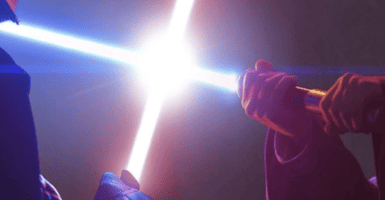I Wanna Rock Series Premiere Review: Nostalgic, Revealing Look From Hair Metal’s Ground Floor
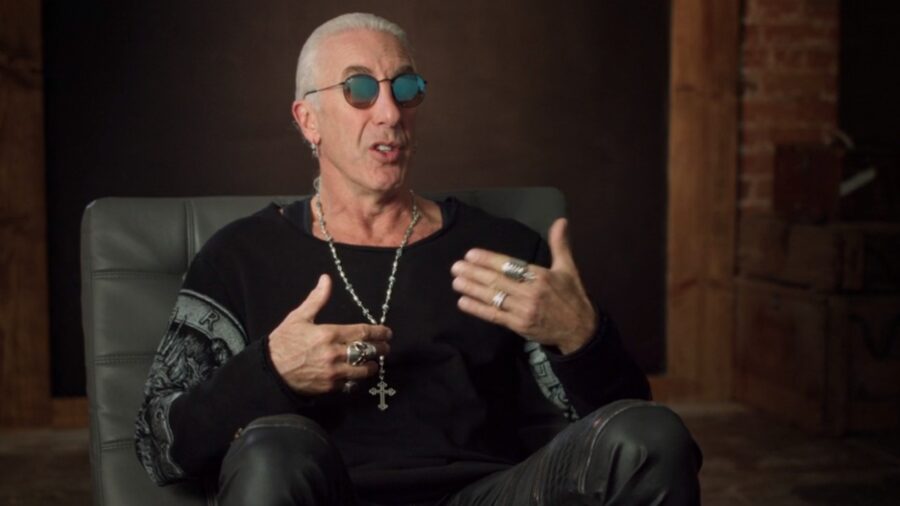

I WANNA ROCK SERIES PREMIERE REVIEW SCORE
All three episodes of the docuseries I Wanna Rock: The ’80s Metal Dream are streaming on Paramount+, directed by Tyler Measom (Murder Among the Mormons). The mini-series is absolutely essential if you care about the music of the 1980s or if you grew up when bands like Poison and Winger dominated the radio and MTV — even if, like me, you couldn’t stand the stuff back then.
The premiere episode of I Wanna Rock, “I Wanna Be Somebody,” opens perfectly. You hear the rising cheers of a crowd, see what appear to be stage lights flare to life, and you hear a woman say a phrase any hair metal fan would be familiar with: “Open up and say ah!”
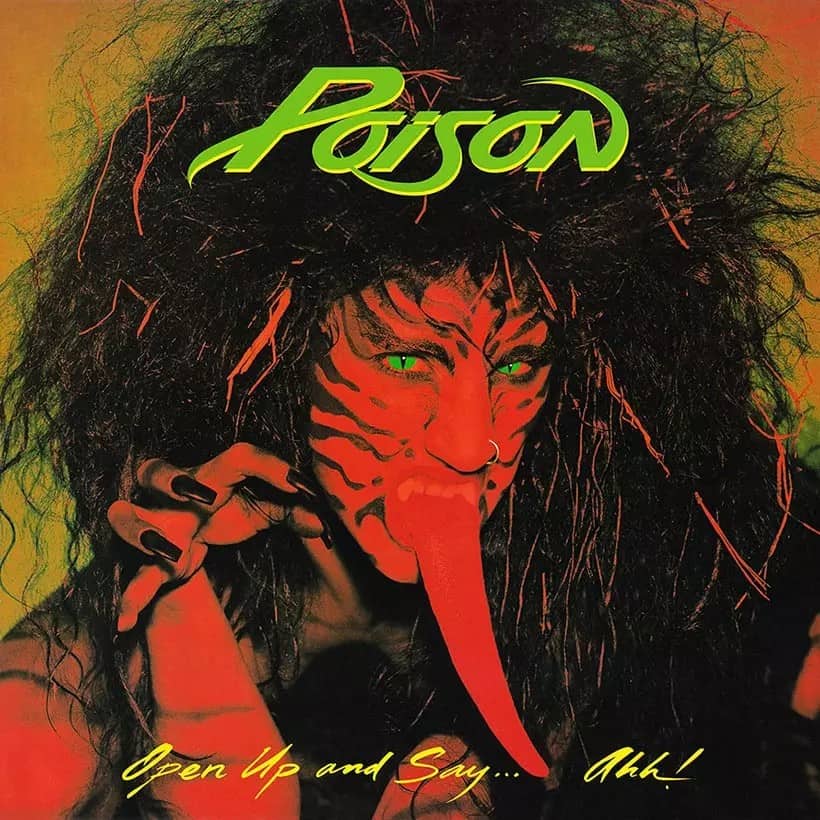
It’s a reference to Poison’s second studio album, 1988’s Open Up and Say…Ahh!, which introduced such hits as “Your Mama Don’t Dance,” “Nothin’ But A Good Time,” and the power ballad “Every Rose Has Its Thorn.”
We cut to a dentist examining the mouth of a prone patient. What you thought were stage lights is the probing light strapped to the dentist’s head. Her patient has no idea she’s Janet Gardner, the lead singer of the all-female hair metal band Vixen.
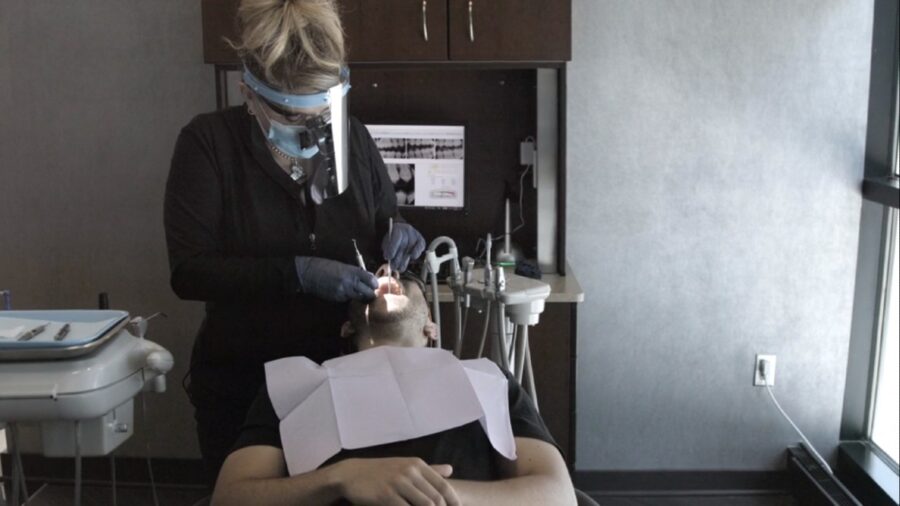
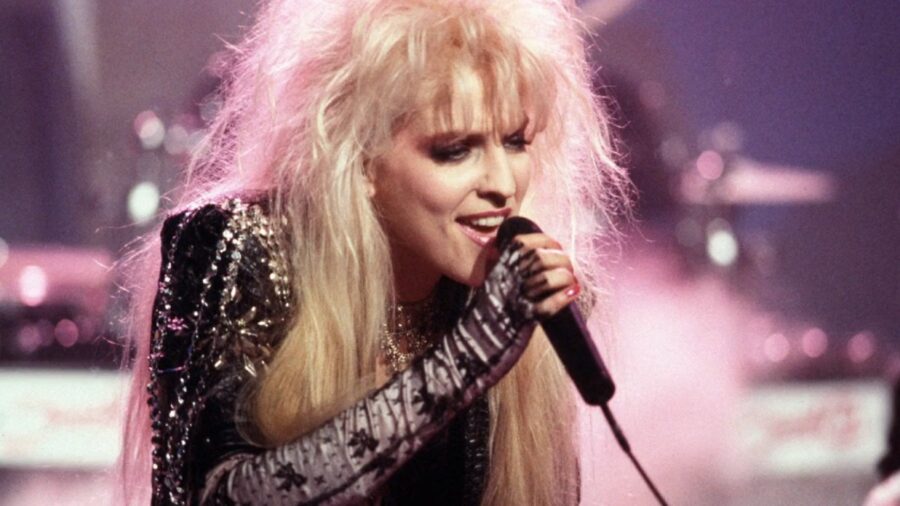
Gardner is an outlier in I Wanna Rock not only because she was a female singer in a male-dominated genre, but because she’s one of the few lead singers we meet in the docuseries. As far as metal artists who give extended interviews, the biggest names are Kip Winger and Dee Snider of Twisted Sister.
“They’re unique. They are not of this world.”
Lonn Friend, former Rip Magazine Editor
Instead of Sebastian Bach, we learn about the rise and fall of Skid Row from Dave “the Snake” Sabo, one of the band’s guitarists. Our chief source of info about Mötley Crüe isn’t from Vince Neil, Tommy Lee, or Nikki Sixx. Instead it’s John Corabi, who replaced Neil as lead singer in the mid-1990s.
Most of the rest of I Wanna Rock‘s sources are journalists like former Rip Magazine editor Lonn Friend who, in perfect hair metal over-the-top fashion, goes out of his way to describe the artists from bands like Winger, Poison, and Ratt with: “They’re unique. They are not of this world.”
While you might assume the absence of many of the major players from the hair metal scene to be a weakness, instead I Wanna Rock‘s lack of the “big stars” helps forge its unique point of view. Of particular interest are the stories from music manager Vicky Hamilton, who worked as manager for bands like Stryper, Poison, and Guns N’ Roses.
[W]ithout more well-known names like Vince Neil and Axl Rose, the docuseries is spared a lot of still inflated egos, and is able to stab at deeper truths.
Through both Hamilton and Gardner, I Wanna Rock has a sharper focus on what it was like for women in the hair metal scene. Beyond the blatant objectification in the artists’ music videos, album art, and other related media, there was the simple fact that an all-female band like Vixen was treated differently no matter how many albums they sold.
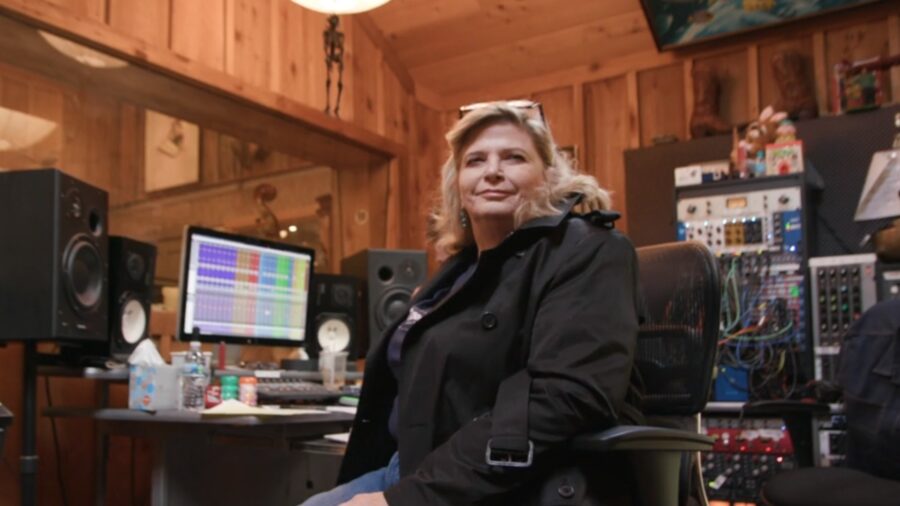
Then there was the nuts and bolts business of hair metal. In I Wanna Rock, Vicky Hamilton claims that after helping to get a bidding war raging over Guns N’ Roses — ending with Geffen Records picking up the band — Axl Rose not only fired her, but allegedly admitted that the band couldn’t take her seriously because of her gender.
Throughout I Wanna Rock, always waiting in the corner of your eye is the late Kurt Cobain and the Seattle wave which — according to the interviewees — wiped out hair metal not gradually, but almost instantly.
Rockers like Kip Winger, Janet Gardner, John Corabi, and Dave Sabo come off as surprisingly down to Earth, and more than willing to laugh at and poke fun at everything they were willing to do to become rock stars.
As someone who grew up with little respect or interest in acts like Winger or Poison or FireHouse — but at the same time found their songs as inescapable as any other earworm pre-Internet — and felt nothing but relief when grunge obliterated hair metal, I found myself grinning ear-to-ear for much of I Wanna Rock.
In fact, even though my plan was to watch and review only the very first episode, I was only able to press stop once the second episode, “Headed for a Heartbreak,” concluded.
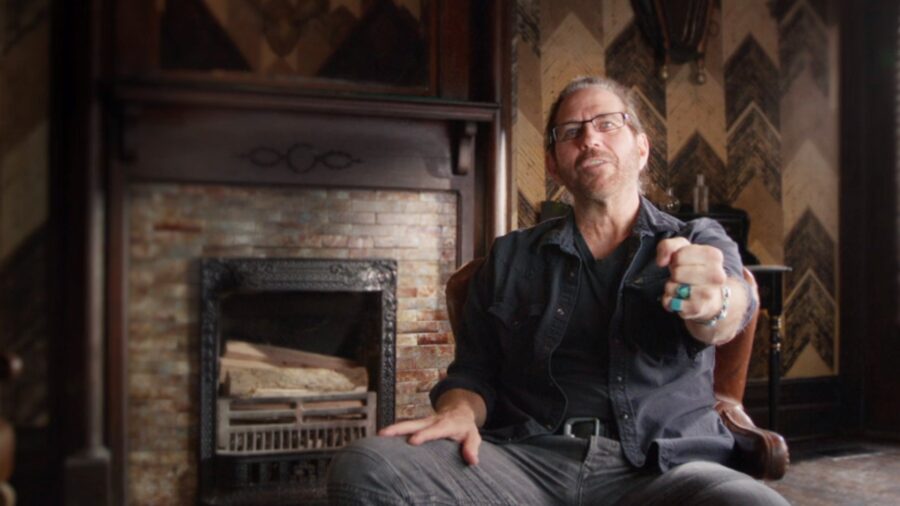
No, not because I was enjoying seeing hair metal’s heroes stuck in more humble places in the world now, but because of how much more human I Wanna Rock makes them seem. Rockers like Kip Winger, Janet Gardner, John Corabi, and Dave Sabo come off as surprisingly down to Earth, and more than willing to laugh at and poke fun at everything they were willing to do to become rock stars.
It turns out what many may assume is I Wanna Rock‘s biggest weakness is truly its biggest strength — without more well-known names like Vince Neil and Axl Rose, the docuseries is spared a lot of still inflated egos, and is able to stab at deeper truths.
All three episodes of I Wanna Rock: The ’80s Metal Dream are streaming right now on Paramount+.



